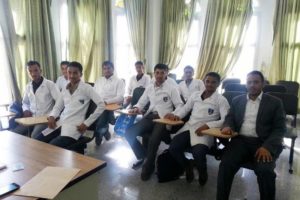ANU Nursing Discipline: First-rate Practical Study
The keen interest ANU shows toward raising the students’ professional qualification is part and parcel of its practical learning orientation. From this point, Faculty of Medical Sciences has a training plan for each particular department so as to give students a sufficient practical experience and engage them in a real-life professional environment.
ANU Nursing is a first-rate practical discipline as 60% of study in this department is practical from second level up to graduation. Nursing third and fourth level students are currently carrying out the department’s training plan for the second semester 2017/2018.
Dr. Abdurraqeeb El-Hanani, Head of Nursing Department, stressed that Nursing is majorly practical. Much more attention is paid to the subjects’ practical so that the students can get the maximum real-life experience.
Nursing third-level students are currently conducting the practical of Internal Surgery Nursing at the Republican Hospital. They receive training over the above subject in the following sections: internal medicine, surgery, neurology, emergency, burns, clinics, operation theatre, and recovery ward.
To implement the department’s practical plan, a moderator is appointed to represent the University in the hospital. His terms of service are to train the students and write assessment reports on their performance in patient’s examination, clinical & nursing work, and the various skills and experiences they practice during training.
The two fields of training for fourth-level students throughout the semester are nursing Management, and Community Health Nursing. Conducting the practical of Nursing Management at Kuwait Hospital, the students are introduced to the work mechanism at the hospital’s different sections. They learn the administrative procedures at each department beginning with admission and creating a patients’ file up to the final discharge.
The students identify the specific processes to follow at each unit including the shift schedules, assigning nurses to patients, delivery of medications, and inter-section dealings.
They also visit such departments as Central Nutrition Unit which supplies food to patients according to their diet, Central Sterilization Unit that is in charge of sterilizing the hospital’s tools and utilities, Maintenance Unit where they learn how appliances are maintained, and H R Office where the data of the hospital’s staff members are stored by their qualifications, departments, and jobs.
In addition, the students learn problem-solving skills by getting exposed to the possible problems chief nurses might face and how to deal with them following certain steps: defining the problem, collecting information about, offering many solutions, and selecting the best.
As for the second part of fourth-level training relating to Community Health, students along with their respective guides visit health centers. They get familiar with community health and healthcare services including immunization, pediatric healthcare, family planning, obstetrician healthcare, etc. Due to its activeness across Sana’a, El-Ulofi Health Center was chosen for training.
Accompanied by an ANU community health specialist, the students visit schools to practice their social commitment through health education presentations. They are divided into groups whereupon each group would educate the school students about a specific disease in a way that makes students pass the message over to their families.
To follow up the trainees and evaluate their performance, the department depends partially on the guide’s weekly, midterm, and final reports. The reports assess students by attendance, adherence to the scheduled tasks, assignments & practical researches, and daily discussions of cases with the guide. Moreover, inspecting visits are made by Head of Department and Director of Training to hospitals and health centers to ensure the program’s progress. Training is concluded with practical exams in hospitals as well as the theoretical ones by the subject’s instructor.
According to Mr. Ahmed Mahoub, Director of Research & Training- ANU, the training plan is prepared at the outset of every academic year to link the theoretical classes up with the practical. A prior coordination with training centers is made so that trainees can develop their professional skills via real-life experiences.
Mua’ayad El-Ruba’I (a Nursing junior) noted that Nursing is a profession that depends on practice in hospitals by interacting with patients and dealing with the procedures at each particular section.
Ali El-Maweri (a Nursing junior) stressed the complementary relationship between ANU’s theoretical classes and their practical. “There is a variety of centers which offer a quality training,” he said.
Abed Hadi (a Nursing junior) appreciated the Nursing Department’s efforts providing them with practical experience throughout the training period which made them capable of their profession.
For his part, Jalal Nasser (a Nursing senior) explained how field training enriches one’s practical experience in his/her specialty. As to ANU Nursing Department, the practical started out at the second year giving students an opportunity to visit many hospitals and health centers, tour various sections, and gain an experience in how to deal with patients and staff as well.
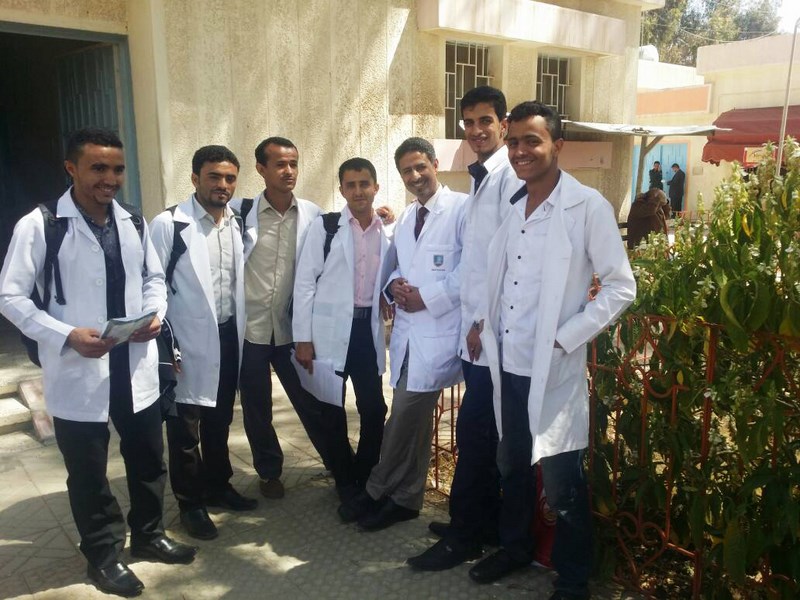
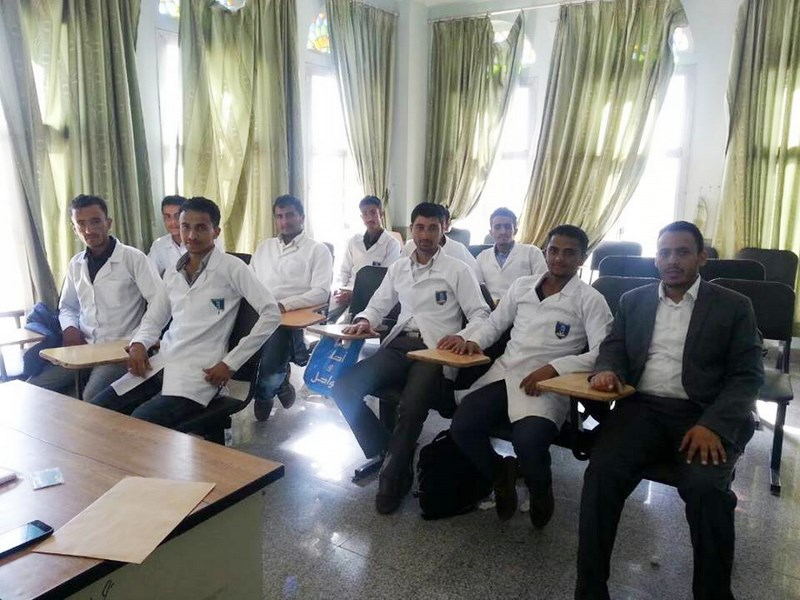
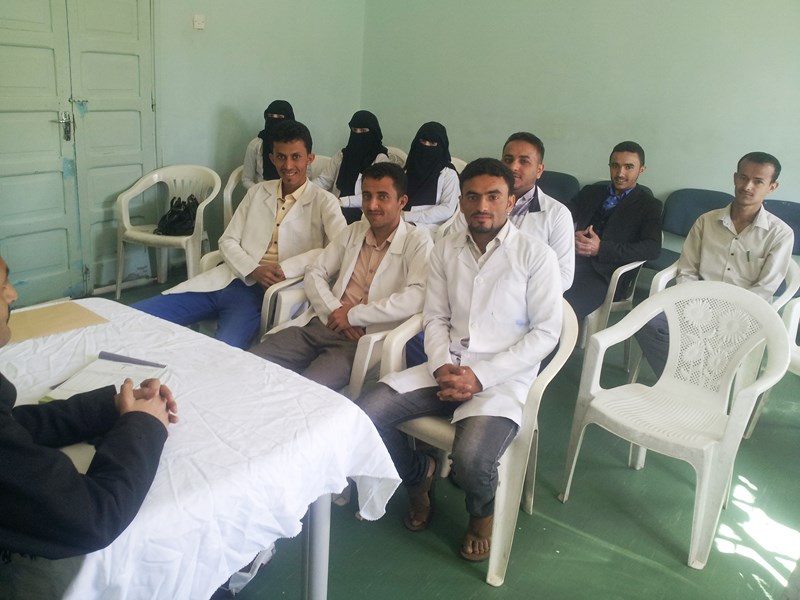
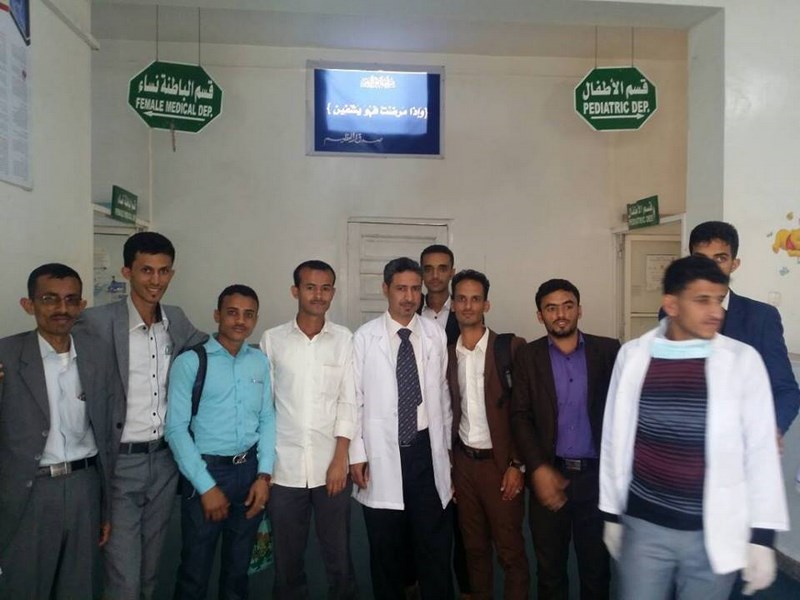
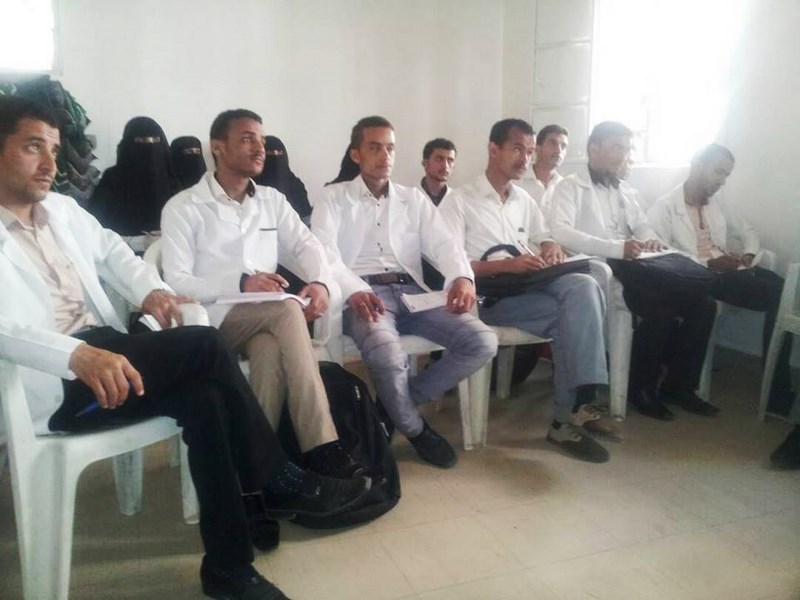
Search
News

Al-Nasser University Football Team Qualifies for Aqsa Flood Championship Finals
In the presence of Prof Abdullah Tahish, the Ch...
Al-Nasser University Holds 2022/2023 Convocation in Prime Minister’s Presence
The annual academic convocation was held by Al-...
NU Holds Workshop for Designating and Approving FMS Master Programs by CAAQA Standards
In the presence of Prof Abdullah Tahish, the Ch...
Chancellor Inspects Progress of 1445 AH (2023/2024) 1st Semester at FMS
An inspecting visit was made by Prof Abdullah T...
Chancellor Inspects Progress of 1445 AH (2023/2024) 1st Semester at FMS & FAFS
An inspecting visit was made by Prof Abdullah T...

